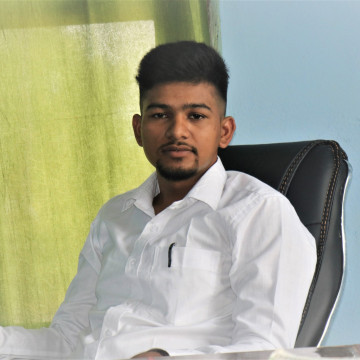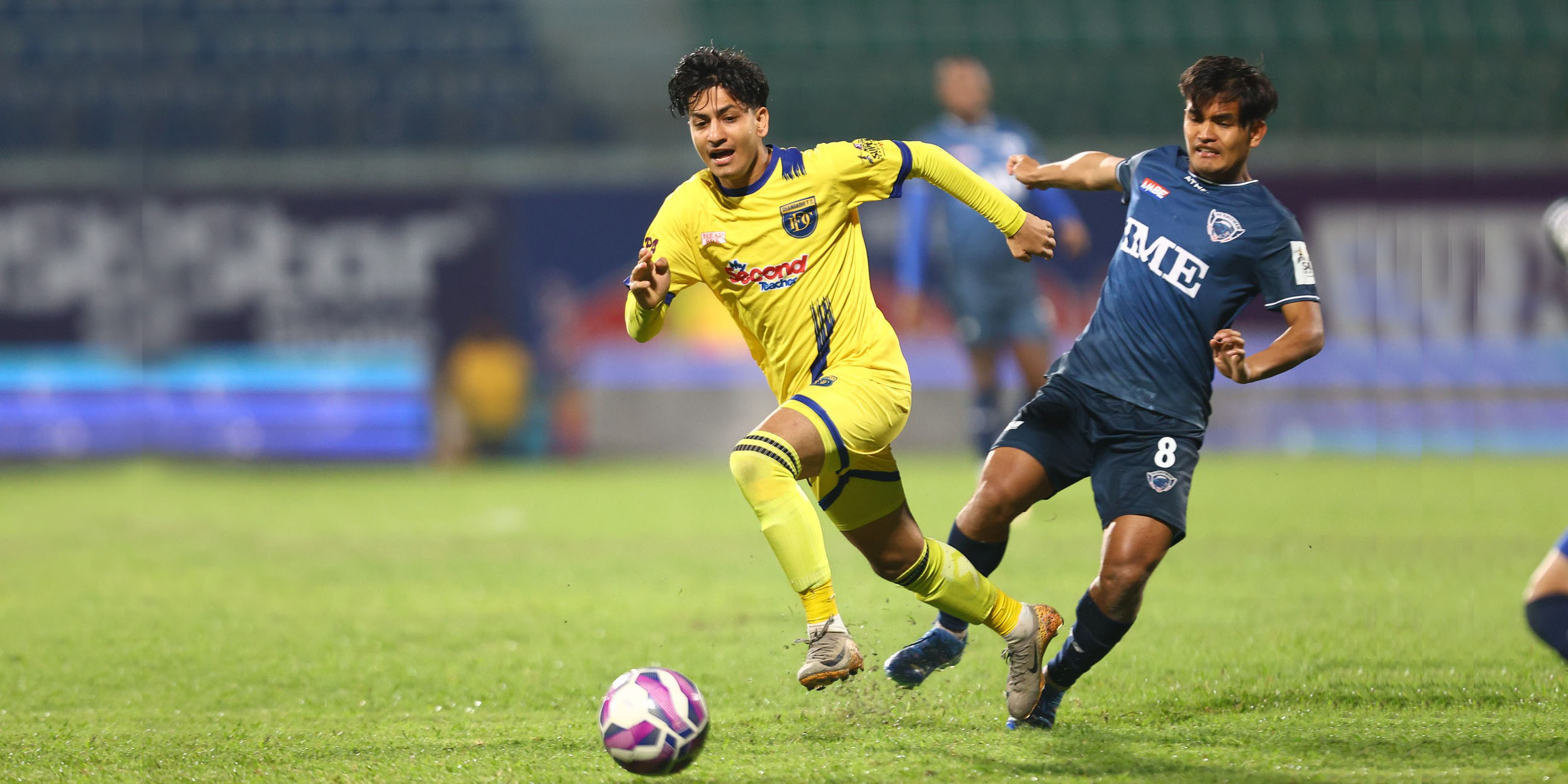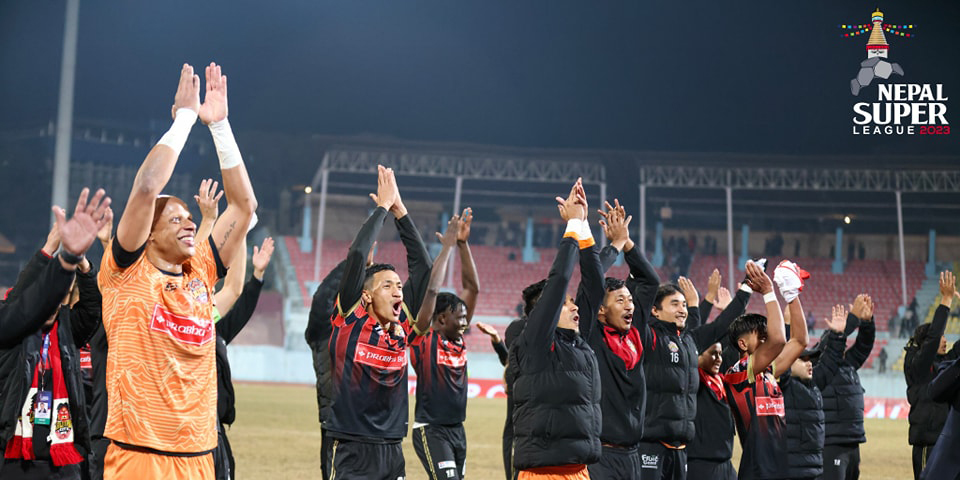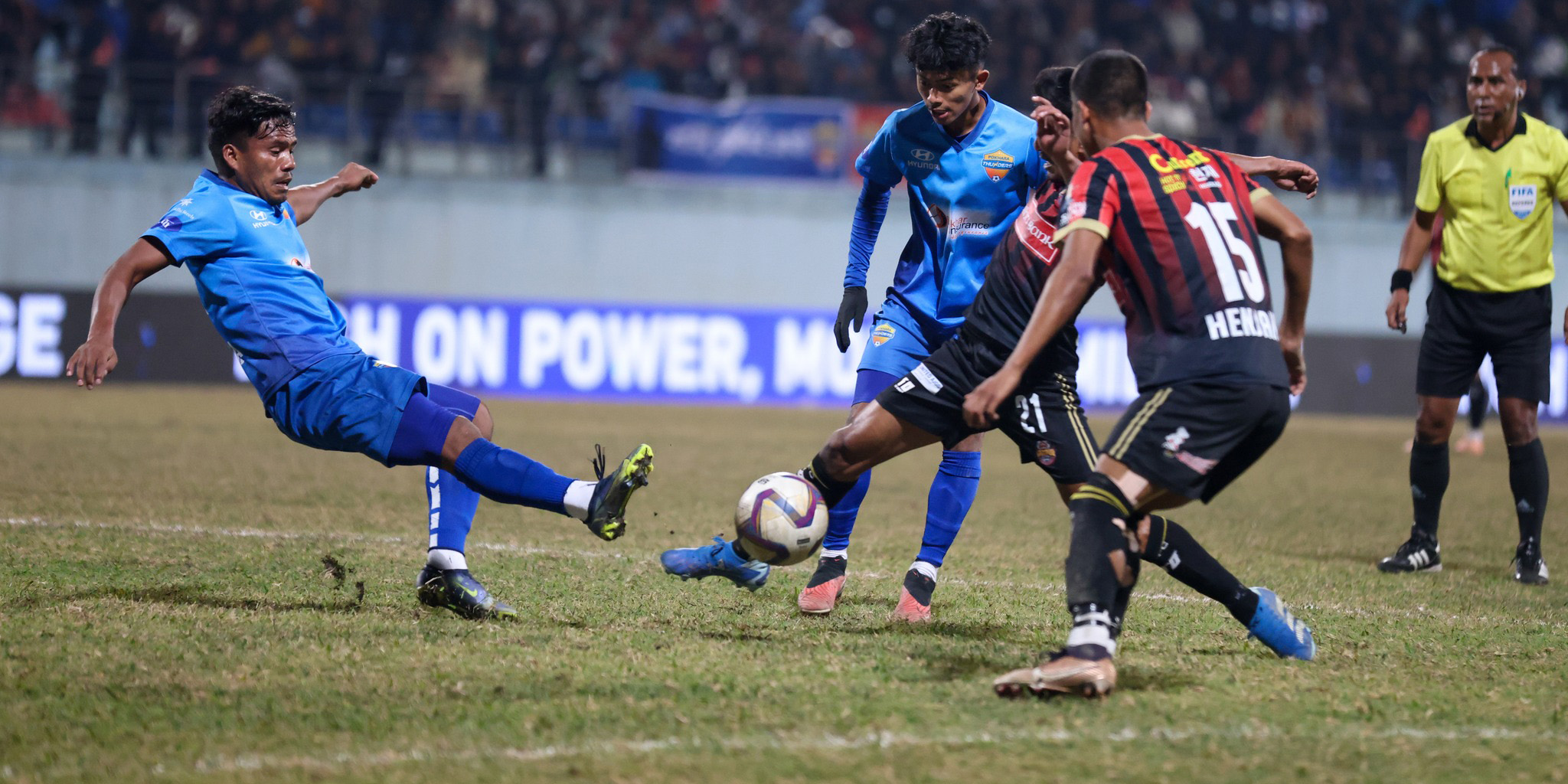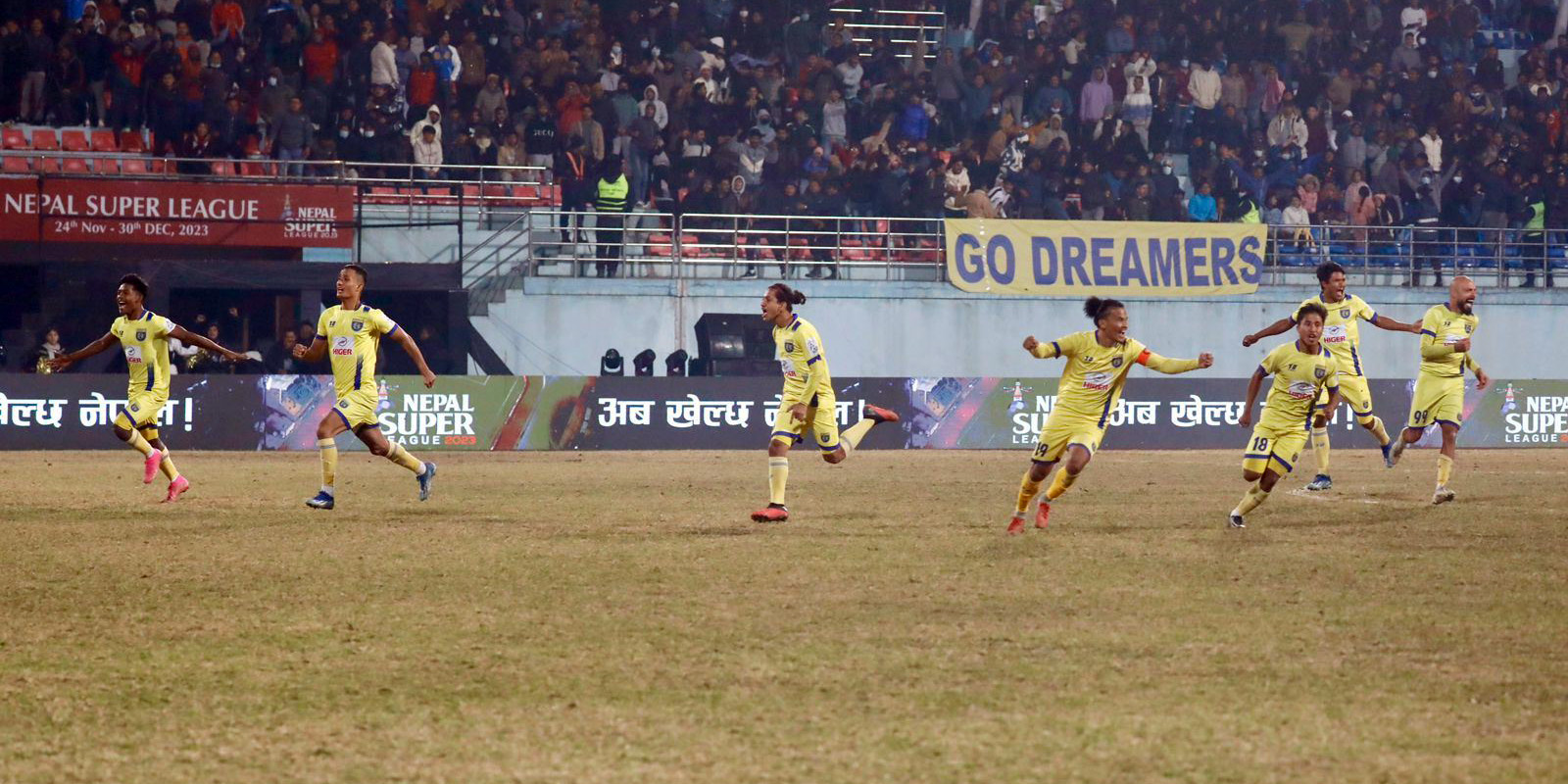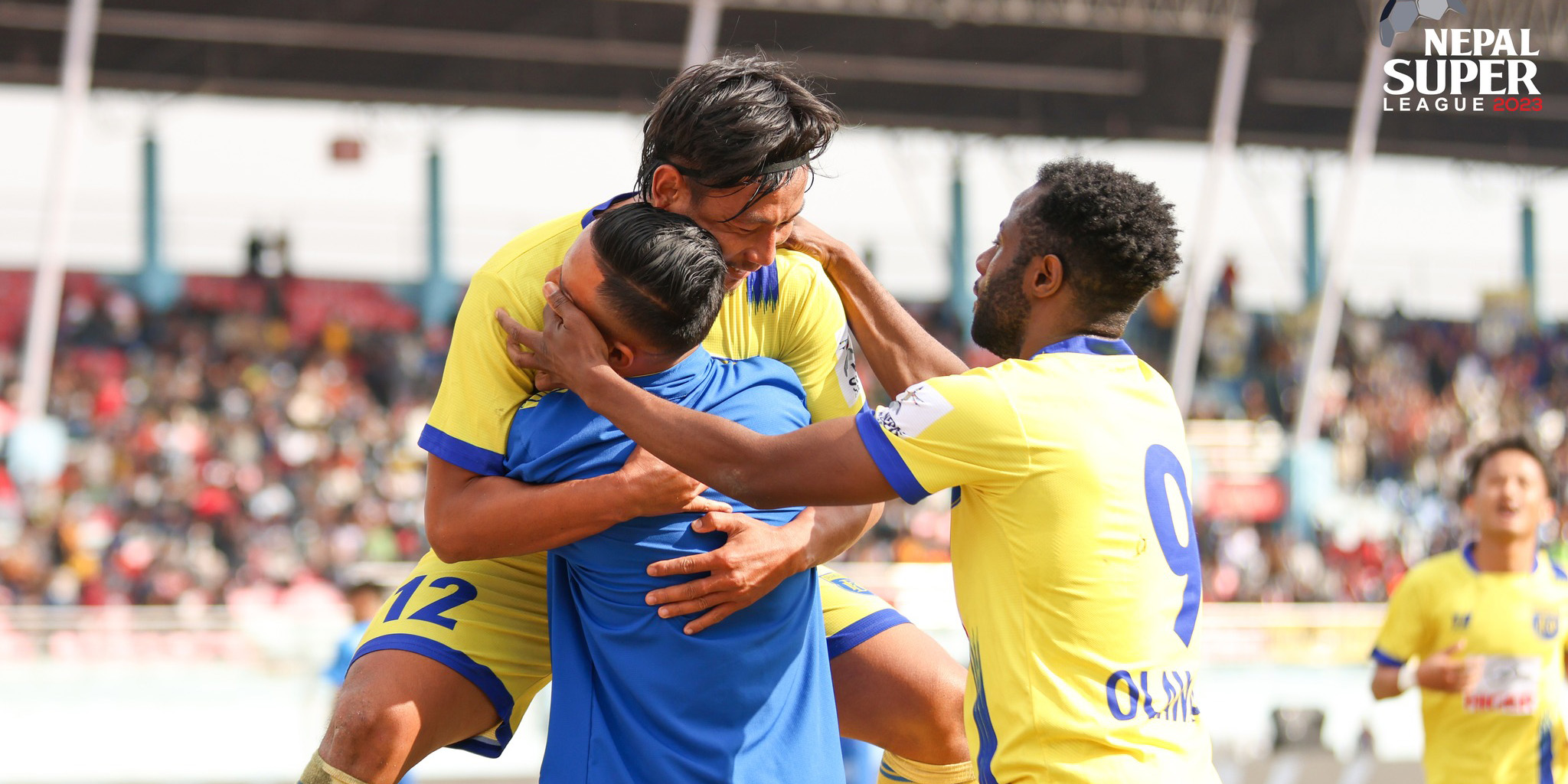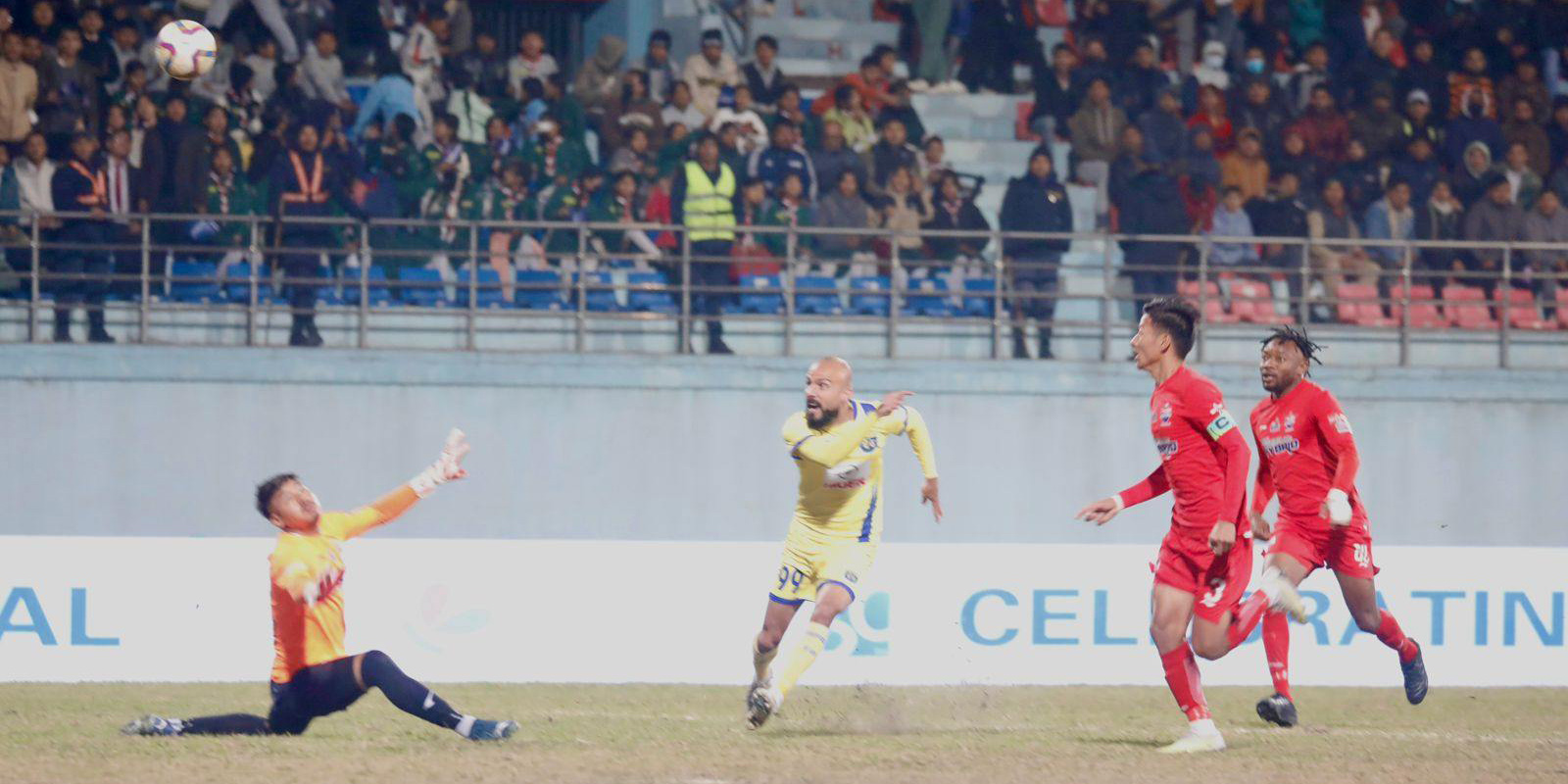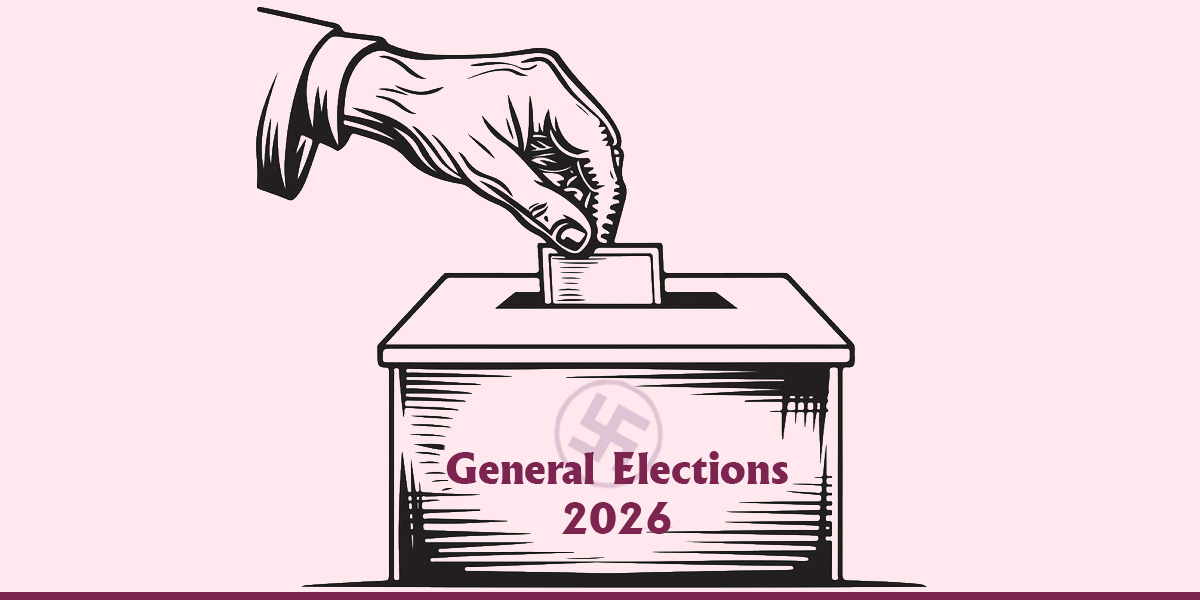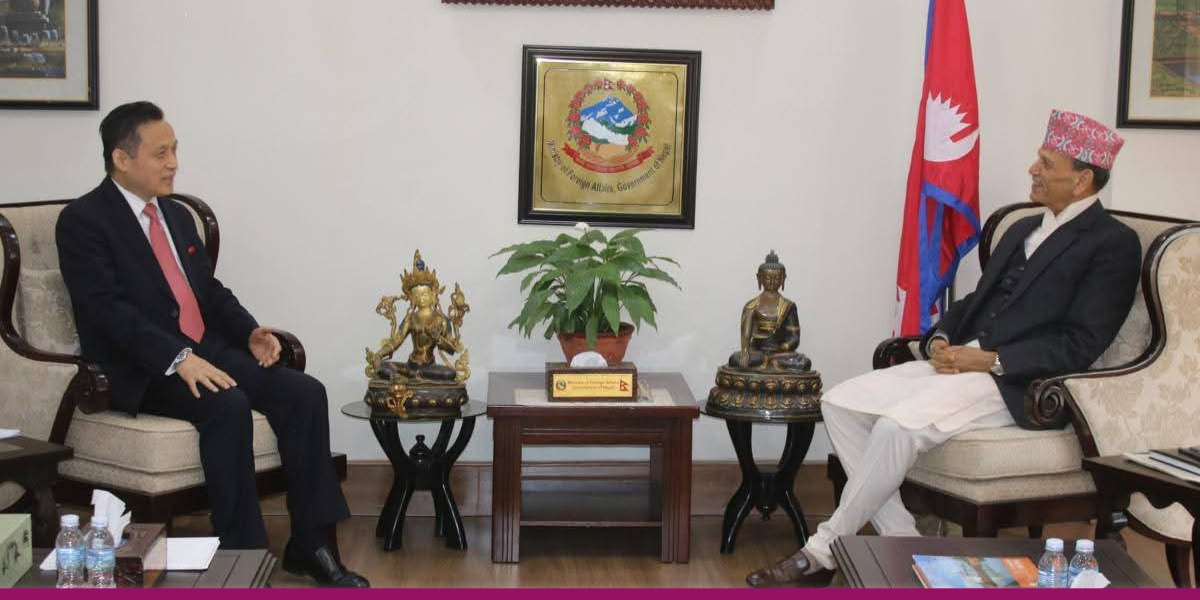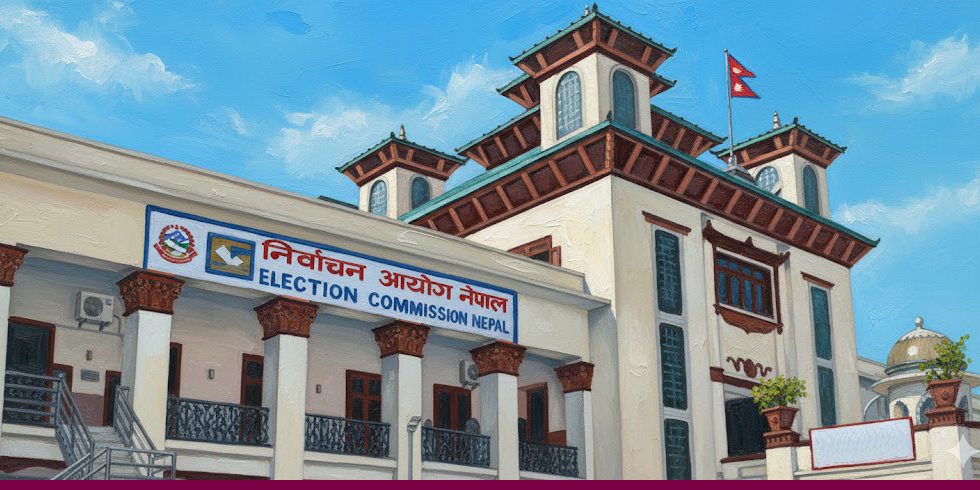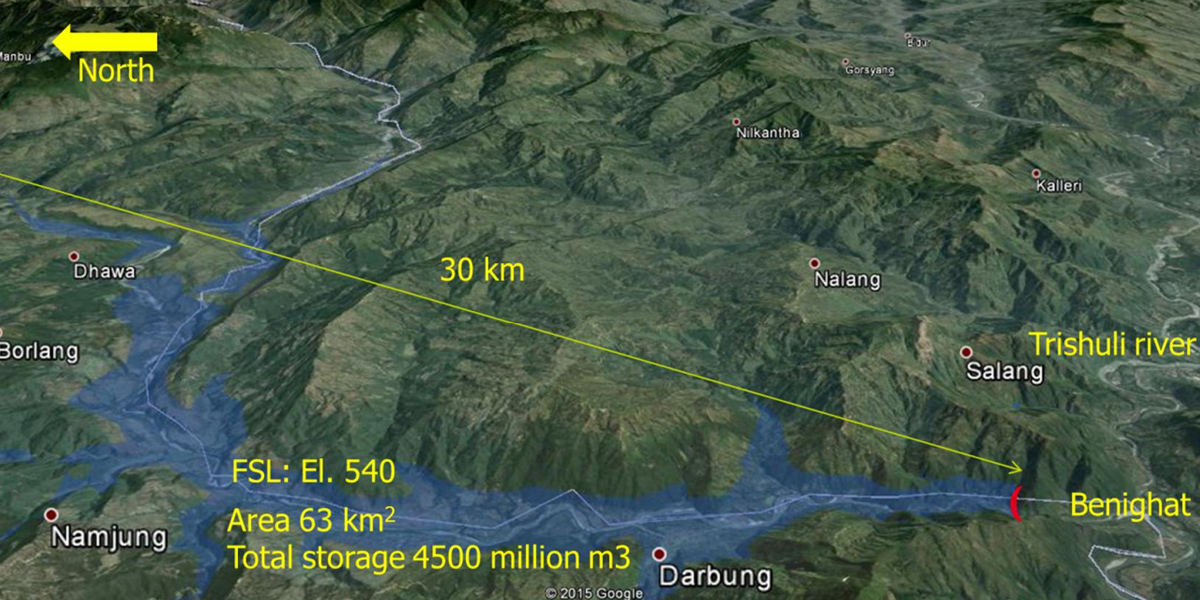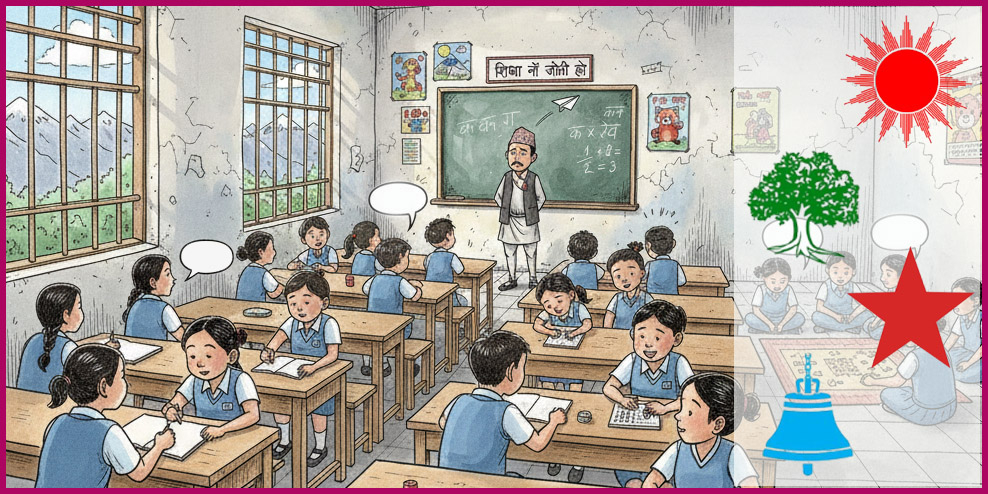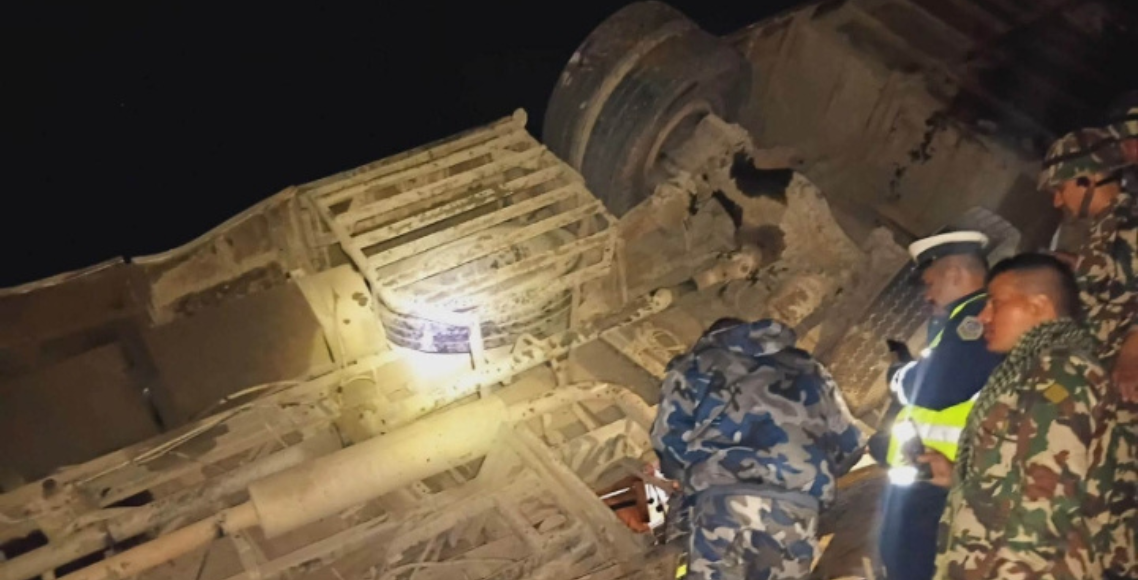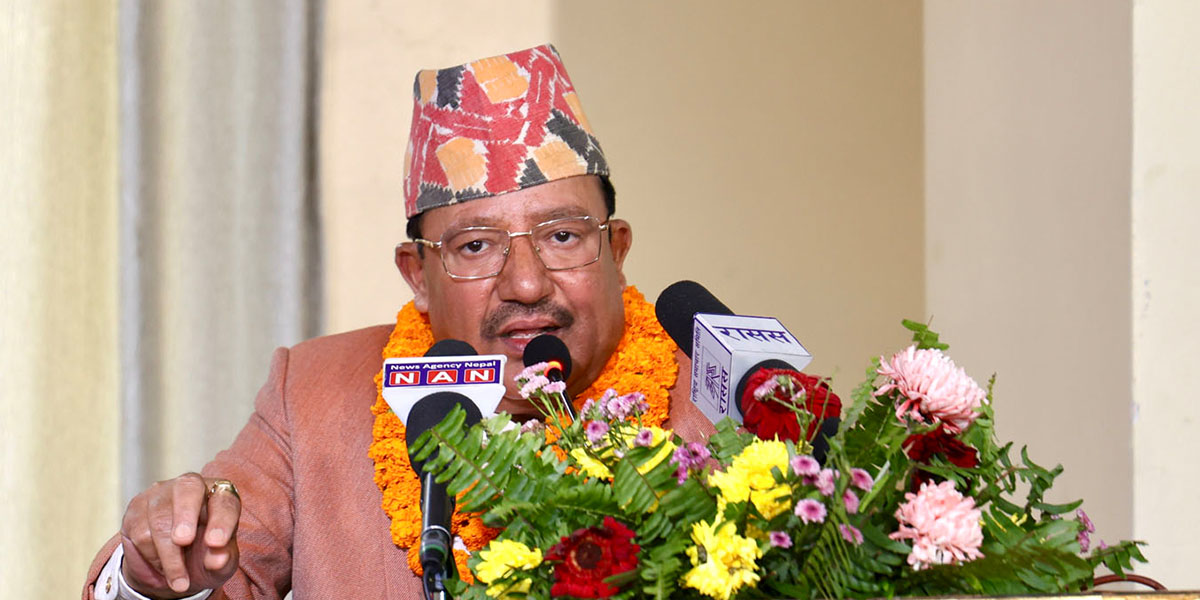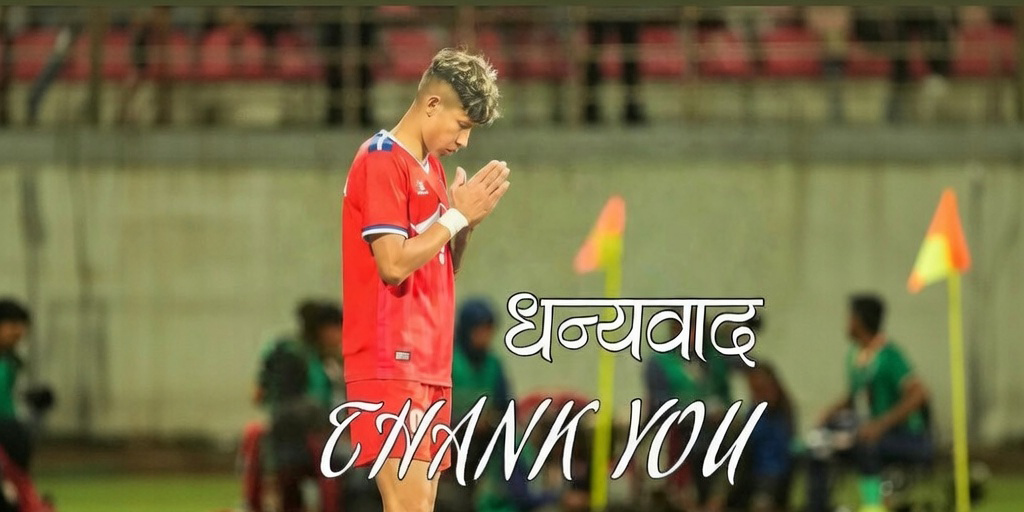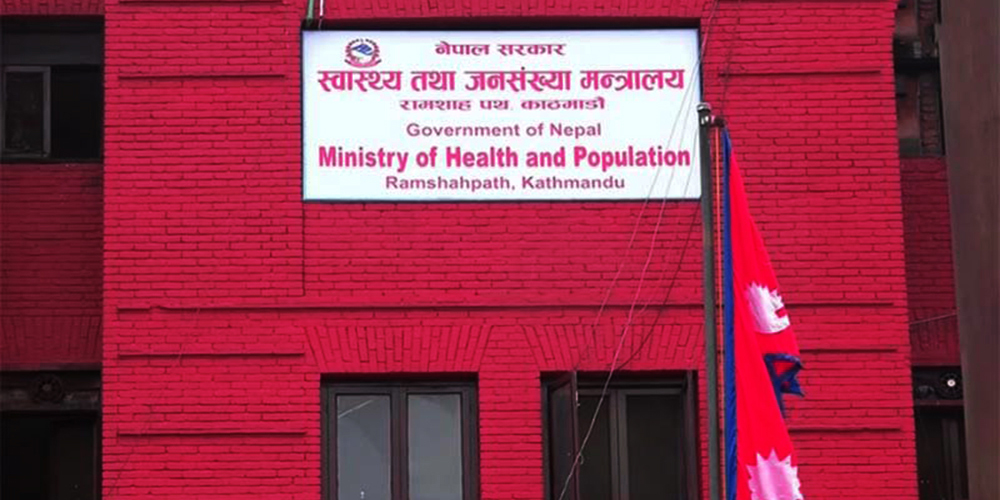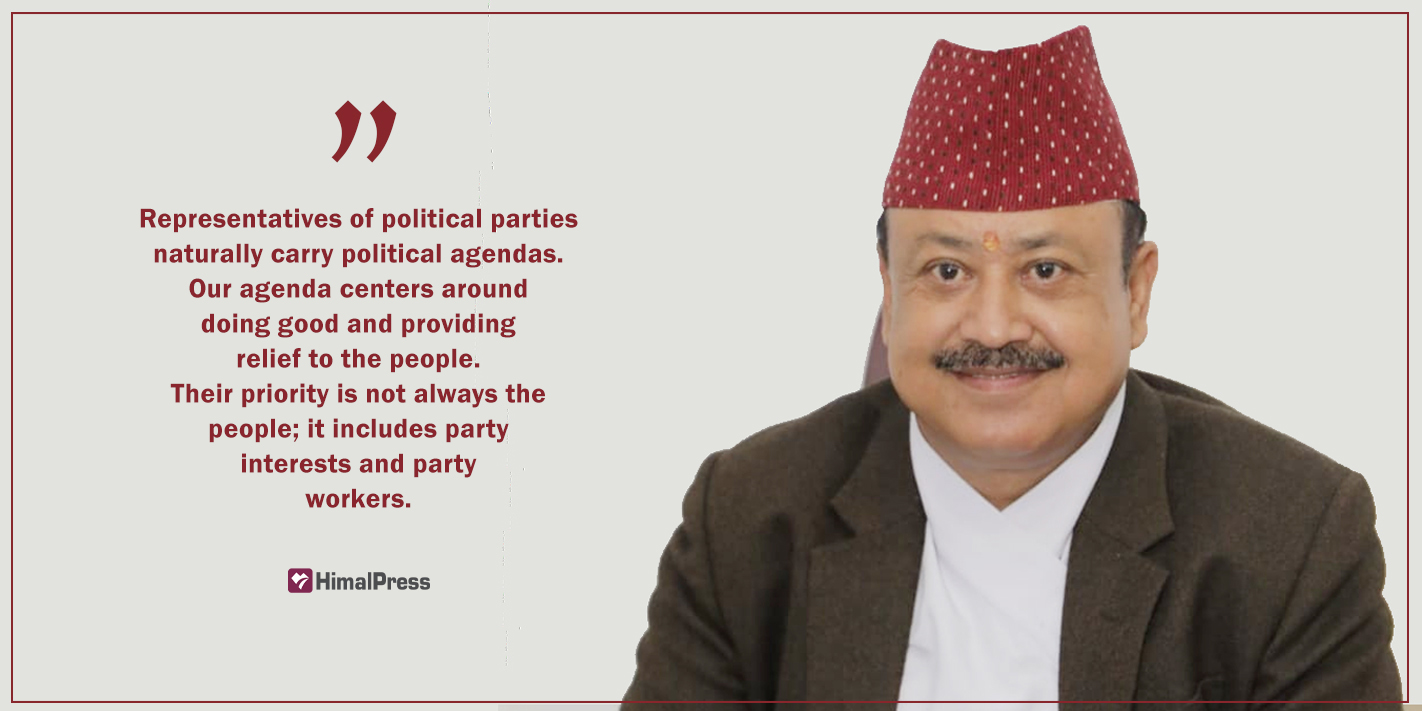
Gopal Hamal was elected as the Mayor of Dhangadhi Sub-Metropolitan City last year as an independent candidate. He defeated Nrip Bahadur Bad of Nepali Congress by a wide margin. During the campaign, Hamal had stated that he would not accept any salary or facilities from the sub-metropolis, promised to combat corruption, and aimed to develop Dhangadhi as a model city. Padam Raj Bhatta from Himal Press talked to Hamal as he completed his first year as the mayor of the sub-metropolis. Excerpts:
First Year as the Mayor
Working in this role is not easy. We have begun implementing the plans we have made. Last year, we successfully banned the use of plastic in the metropolis. Additionally, we initiated a campaign to remove encroachments along rivers, lakes, and public places. We intend to continue this program for the next five years.
Since July of last year, we have been organizing monthly health clinics at the ward level. These clinics have particularly benefited pregnant women, providing them with free services such as ultrasound, ECG, laboratory tests and medicines. These health clinics are attended by specialist gynecologists and physicians.
In collaboration with private hospitals, we are also conducting additional clinics for orthopedic, mental health, and eye-related services every month across all 19 wards.
Empowering Local Government
We are working diligently by setting priorities. This year, our focus is on strengthening the education sector. We have sent a headmaster from each ward to visit schools in New Delhi, India, for orientation. We have encouraged them to learn from the experiences of Indian schools and implement effective practices here.
New Delhi serves as an excellent example of how community schools can be improved. People there opt for private schools only if they fail to secure admission in community schools.
Furthermore, we have initiated a ‘Save Mother’ program. Taking pregnant women to hospitals using bullock carts, tractors, and similar means poses risks to both the mother and the baby. To address this issue, we have procured four ambulances to provide free services to pregnant women.
Relations with the province and federal governments
We are actively coordinating with the relevant authorities from our side. The sub-metropolitan city has established a mechanism that includes members of the provincial assembly and federal parliament. Ultimately, our collective aim is to serve the people. Our focus should be on implementing development projects based on priorities rather than accessing power centers.
Support of representatives elected from political parties
Naturally, there are differences in priorities. I have observed that political parties tend to prioritize the benefits of their leaders and cadres. As an independent candidate, I can implement projects for the long-term benefit of the people of Dhangadhi.
On the flooding problem
In the first phase, we are identifying the catchment areas of rivers and canals. Additionally, we are digging canals at various locations to tackle waterlogging issues. We have requested funds from the province and federal governments to establish these canals as permanent structures.
Lack of Cooperation
Over the past two months, I have noticed a lack of cooperation. Our development plans and programs are not prepared with a focus on any specific party or individual. They are designed for the overall benefit of the people of Dhangadhi. We discourage the practice of implementing projects through consumer committees, and some people may not appreciate this change as it disrupts long-standing practices. While they may not openly oppose it, they indirectly show a lack of cooperation.
Working with Political Parties
To be frank, our approaches do not align. Representatives of political parties naturally carry political agendas, and they face pressure from their respective parties. Our agenda, on the other hand, centers around development. Our priority lies in doing good and providing relief to the people. Their priority is not always the people; it includes party interests and party workers. Therefore, it is naturally challenging to work with them.
Ultimately, people will judge my work. It is not yet time to deliver a final verdict.

